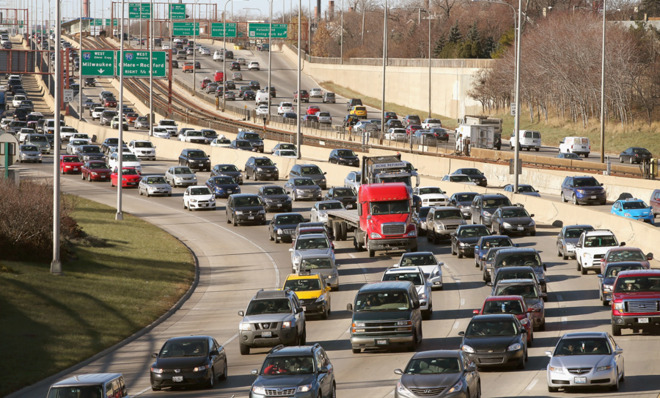Why climate change is inevitable
Human beings are lousy at assessing risk, and even worse at making big sacrifices now for future benefits


A free daily email with the biggest news stories of the day – and the best features from TheWeek.com
You are now subscribed
Your newsletter sign-up was successful
Have you cut your energy consumption — and greenhouse gas emissions — by 40 percent in recent years? Didn't think so. Neither have I, or many of the other seven billion people on the planet. In a draft of their final report that was leaked last week to The New York Times, scientists on the Intergovernmental Panel on Climate Change have concluded that the world is not heeding their repeated warnings, and that mankind's heavy use of fossil fuels — and emissions of carbon dioxide — are increasing, not declining by 25 to 40 percent, as they recommended. The boom in energy consumption in India, China, and the developing world has overwhelmed some emissions reductions in Europe and the U.S. In coming years, the IPCC glumly predicted, "the fundamental drivers of emissions growth are expected to persist." We'll probably blow past the CO2 targets that the IPCC says will bring disastrous consequences, and see total warming exceed 3.6 degrees Fahrenheit — more than twice the warming seen so far. The climate will get way weirder.
No one should be surprised. Human beings, psychologists have found, are really terrible at assessing and responding to risks. We overreact to threats when we have already experienced painful consequences of something similar (such as terrorism), and there's a scary perpetrator to blame (such as Osama bin Laden). But people aren't wired to make drastic, painful changes now in response to hedged predictions by scientists about a hotter, more extreme climate in the year 2030 or 2050. Drive a lot less? Cut back on the use of electrical devices? Pay a lot more for energy? Resistance remains strong. If plan A is prevent climate change through massive, collective sacrifice, let's face it: It's time to start working on plan B.
A free daily email with the biggest news stories of the day – and the best features from TheWeek.com
The Week
Escape your echo chamber. Get the facts behind the news, plus analysis from multiple perspectives.

Sign up for The Week's Free Newsletters
From our morning news briefing to a weekly Good News Newsletter, get the best of The Week delivered directly to your inbox.
From our morning news briefing to a weekly Good News Newsletter, get the best of The Week delivered directly to your inbox.
William Falk is editor-in-chief of The Week, and has held that role since the magazine's first issue in 2001. He has previously been a reporter, columnist, and editor at the Gannett Westchester Newspapers and at Newsday, where he was part of two reporting teams that won Pulitzer Prizes.
